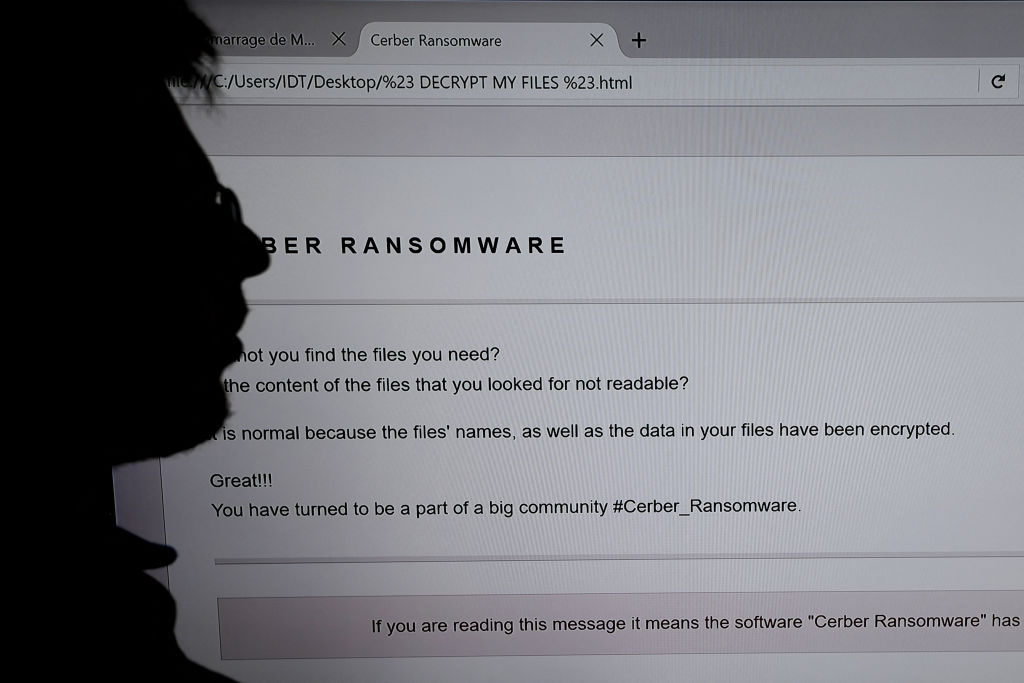Video games have become a platform for foreign actors and extremist groups to carry out their various agendas, including recruitment and propaganda dissemination, as stated in a recent study. Lund University’s Psychological Defense Research Institute in Sweden, with funding from the Swedish Psychological Defense Agency, has identified approximately 40 potential vulnerabilities in the gaming environment.
Jesper Falkheimer, a co-author of the report and Professor of Strategic Communication at Lund University, expressed surprise at the lack of attention given to the gaming sector by most Western nations. He emphasized that the global gaming industry, with its billions of users, provides an easily accessible and immersive arena for persuasion and propaganda efforts by hostile states, organized crime entities, and extremist groups.
The study reveals instances dating back to the early 2000s where video games have been used as recruitment tools by terrorist groups like Hezbollah, Hamas, and Da’esh. For example, in 2003, Hezbollah’s Central Internet Bureau released the video game Special Force for this purpose. Video games have also been utilized for war propaganda.
Russia, in particular, has been identified as using platforms like Roblox and Minecraft to disseminate propaganda during the ongoing conflict in Ukraine. The study highlights a specific example involving the portrayal of the fictional Ukrainian MiG-29 pilot known as the “Ghost of Kyiv,” who gained attention on social media for supposedly downing invading planes during the early stages of the Russian invasion of Ukraine. It was later revealed that the character and footage used originated from the 2013 video game Digital Combat Simulator.
Falkheimer noted the lack of policies and mechanisms in the gaming domain to counter information influence campaigns, especially in comparison to social media platforms. This knowledge gap obscures the severity of the situation and hinders effective mitigation. The study suggests drawing lessons from the scrutiny faced by social media platforms and implementing voluntary agreements, such as the EU Code of Practice on Disinformation, to address the challenges.
To protect an industry that caters to billions of users worldwide, the researchers propose collaborative efforts involving the industry, players, and governments to develop countermeasures. Falkheimer emphasizes the importance of freedom of speech and expression while raising awareness and promoting an open discussion on how to address these pressing issues.
The study’s findings were published on the Lund University website.




